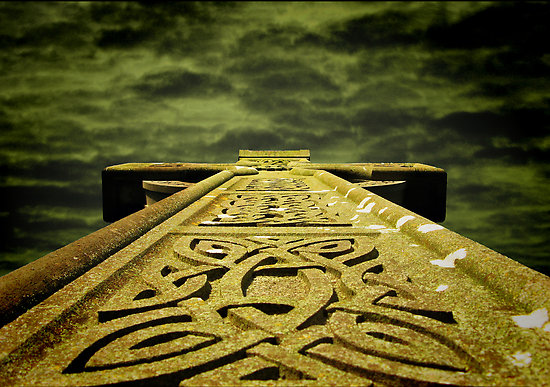 The Catcher in the Rye by J.D. Salinger
The Catcher in the Rye by J.D. SalingerMy rating: 2 of 5 stars
I decided to read this book after watching an extensive documentary on the life and writing of J.D. Salinger. Of course, I first heard about the book because it is still required reading in schools across the country to this day. It is a book that continues to sell very well and it is seen as an American Classic.
As a Christian (and a pastor), I also believe it important to understand and interact intelligently with literary forms which reflect or influence today's art and culture.
I am not sure if this is the most influential book regarding the "stream of consciousness" approach to writing, but it certainly engages the style in a profound way. On the one hand, the author is trying to represent an adolescent who is seemingly more introspective, thoughtful, and resentful than most of his peers. On the other, the writing seems to purposely revel in dialogue which often seems to have little purpose, coherence, or direction. The style seems purposeful so as to communicate a disdain for the key subject matters (shallowness, phoniness, and greed) coupled with a pretentious obsession to critique and morally rise above them.
It may be that this book resonated so deeply in the American culture in its day (and now) because Holden Caufield is such a contradictory, narcissistic, moralistic and hypocritical character while finding people with similar characteristics (and especially the older generations) "goddamn" unbearable. Holden has little hesitation in playing judge, jury, and executioner for whoever he finds as an irritant. Few escape his scrutiny, and most people he meets wear the tag phony, largely, it seems, because they do not share his acidic resentments and simplistic unnuanced judgments. And yet, Holden DOES see legitimate patterns of hypocrisy and phoniness; shallowness and greed; selfishness and brutality. However, he seems to see little value in constructive and sacrificial ways of approaching these challenges or problems.
While Holden may be written to reflect a spoiled middle-class teen with profound resentments and cynicism, his characteristics seem celebrated not critiqued. This seems to reflect on Salinger's upbringing, life, and his intolerance of others. Holden Caulfield in the quintessential individualist who makes himself both his own deity and self-destroyer at once.
Could it be that this book resonated (and still resonates) with an American audience because it reflects the hypocrisy and pain so many have experienced as they were reared in families, institutions, and places of worship that they have encountered? Does it resonate with them because of the frustration, boredom, and emptiness of the expected directions that they have felt entombed to fulfill? Does it reflect our own struggle with our empty individualism, narcissism, hypocrisy, and greed; our own search for our own kind of moral superiority? I think so.
I didn't care much for Holden until the end of the book, where he finds himself challenged and softened by the love of a child. To his credit, he allowed it to happen.
View all my reviews

No comments:
Post a Comment